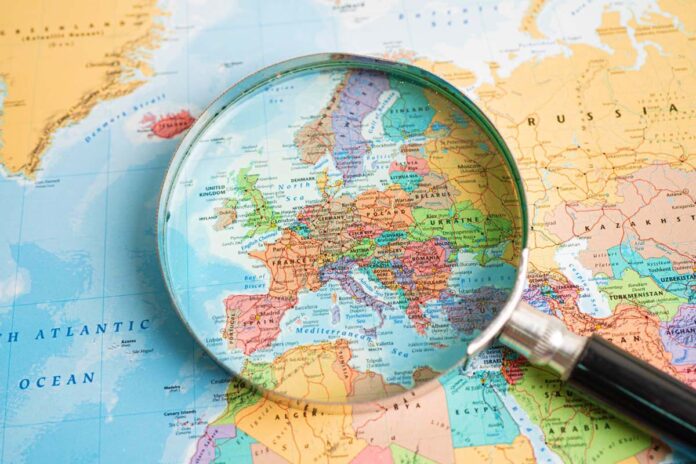Against the backdrop of the election to the European Parliament, which will take place this week, a key factor that determines the choice of Europeans is a growing sense of fear and uncertainty.
According to Politico's analysis, these emotions have become decisive in the formation of electoral behavior of residents of European countries, because they face numerous challenges, such as economic and cultural changes, unpredictable crises and military conflicts on the continent.
According to the Kapa Research survey, economic uncertainty is the main problem of Europeans. On average, 47% of respondents called "the increase in the cost of life" their main problem, and it is especially relevant for residents of France, Germany and Romania. A series of inflation shocks in the period after the pandemic made Europeans fear whether they would be able to make ends meet. Moreover, this deep sense of economic uncertainty increases even more due to the feeling of injustice when it comes to the distribution of wealth. 81% of respondents believe that "in Europe the rich become even richer and the poor are even poorer."
The second of their most serious problem Europeans called migration. 68% of respondents said they consider immigration "public order", and only 23% said they see it "opportunity to obtain a new labor force". Such fears in Germany and Italy are especially noticeable.
The third most important problem for the inhabitants of Europe was the "return of war to Europe". According to Politico, conflicts in Ukraine and in the Gaza sector are relatively new factors, but are already affecting elections in EU countries this year. This is most acute in Estonia, Hungary, Poland and Romania - countries bordering either Russia or Ukraine.
And finally, European voters point to fear of artificial intelligence. Someone sees in the rapid development of technologies a means of improving living conditions and accelerating economic growth, but on average 51% of respondents consider artificial intelligence a "threat to mankind".


